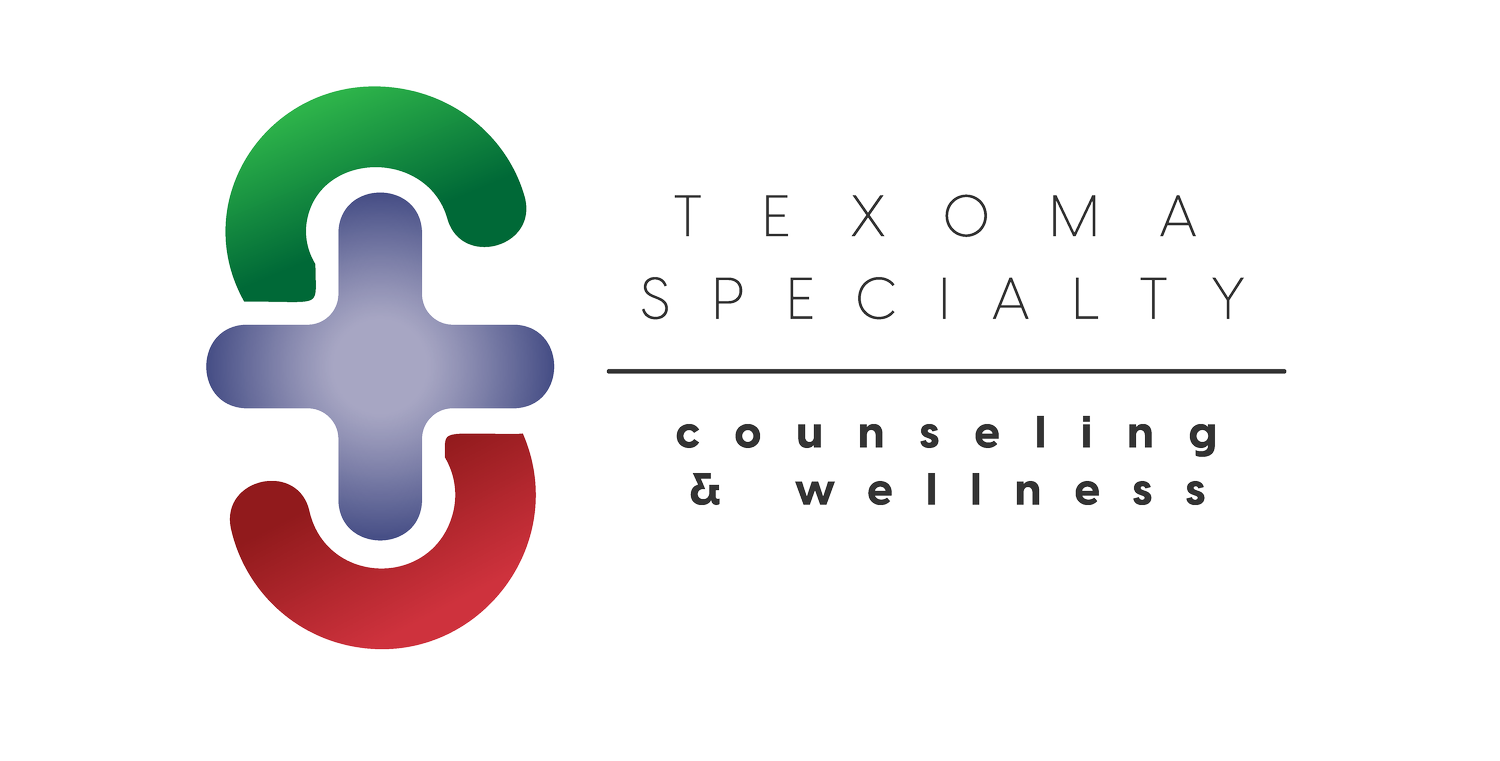Your Job May Be Putting You At Risk
Work-Related Stress:
Impact, Symptoms, & Coping Strategies
If you are a helper you are automatically at risk for burnout and compassion fatigue. If you are a helper working with trauma you are at risk for burnout, compassion fatigue, secondary traumatic stress, and vicarious trauma. If you are a helper you probably have experienced a change in your thoughts about yourself and others. You may be experiencing a change in how you deal with situations and all of this will impact your emotional, physical, mental, social, and professional health.
In my research I found individuals working with trauma and in the helping profession has increased absenteeism and agencies have high turn-over rates. For example, did you know that Child protection agencies in Texas have a 30% annual turnover rate (TXSCFRT, 2010)? This rate increased from 40-75% for individuals working directly with child abuse cases (TXSCFRT, 2010). High turnover complicates work environments and increases stress. Consider the impact of high turnover on clients. These individuals have lost so much control and trust. To lose a therapist or vital support person can only lead to further hurt and distrust. The stressors associated with working in the helping profession can cause increased illness and adverse consequences. Having to miss days due to illness not only hurts the client but can cause increased stress for your co-workers. It is also costly. $85 billion dollars was spent in 2008 for worker’s compensation for injuries, illness, and lost wages from workers injured or made ill on the job.
In my research I found individuals were avoidant of work, clients, relationships, and responsibilities. The individuals in my study did not feel safe with others, had decreased self-esteem and self-control, and had decreased intimacy with others. I found that individuals working to help traumatized individuals used humor, self-distraction, denial, behavioral disengagement, and self-blame to cope.
I found these beliefs about self and others were related to increased use of maladaptive coping. What is maladaptive coping? Maladaptive coping are behaviors that only cause increase stress, illness, and emotional upset. Although these individuals probably had information about the risks of working with trauma and had information about self-care, they still experienced vicarious trauma and still used maladaptive coping. It seems that the beliefs that develop as a result of working with others can be a barrier to applying adequate self-care.
Are these beliefs barriers to your self-care? Possibly. It was for 111 individuals working directly with trauma. My average research participant was 36 years old, female, a therapist or counselor, and had 36 clients a week. My average research participant had vicarious trauma. My average research participant was using maladaptive coping. What you do for a living impacts you. That is OK! You are human, but I think we expect ourselves to be immune or to be above being negatively affected. But it is possible what you do is impacting your ability to take care of you.
You love what you do and you want to help people. In order to keep doing that you need to find your barriers to self-care. You may need help and support to accept the things you hear on a daily basis and it not impact your life. The same thing you do for your clients you need to do for you.


